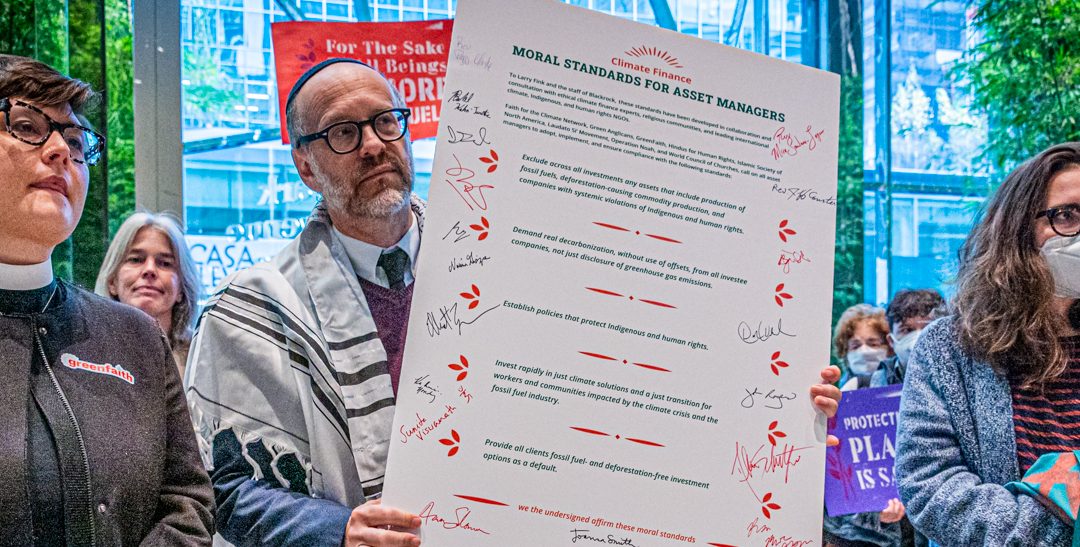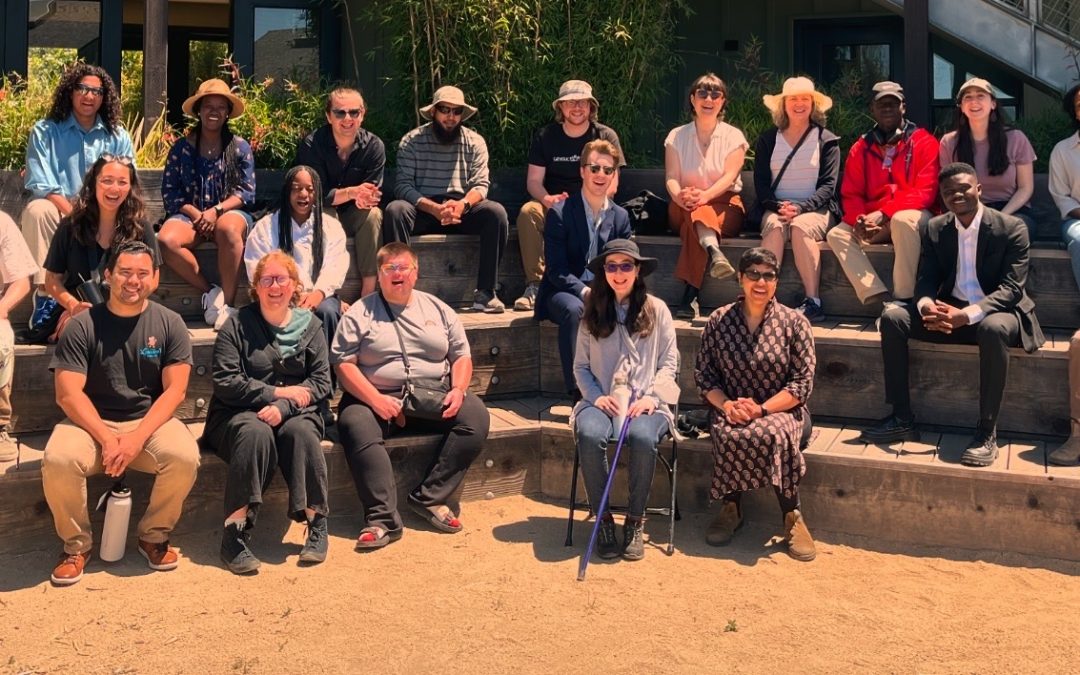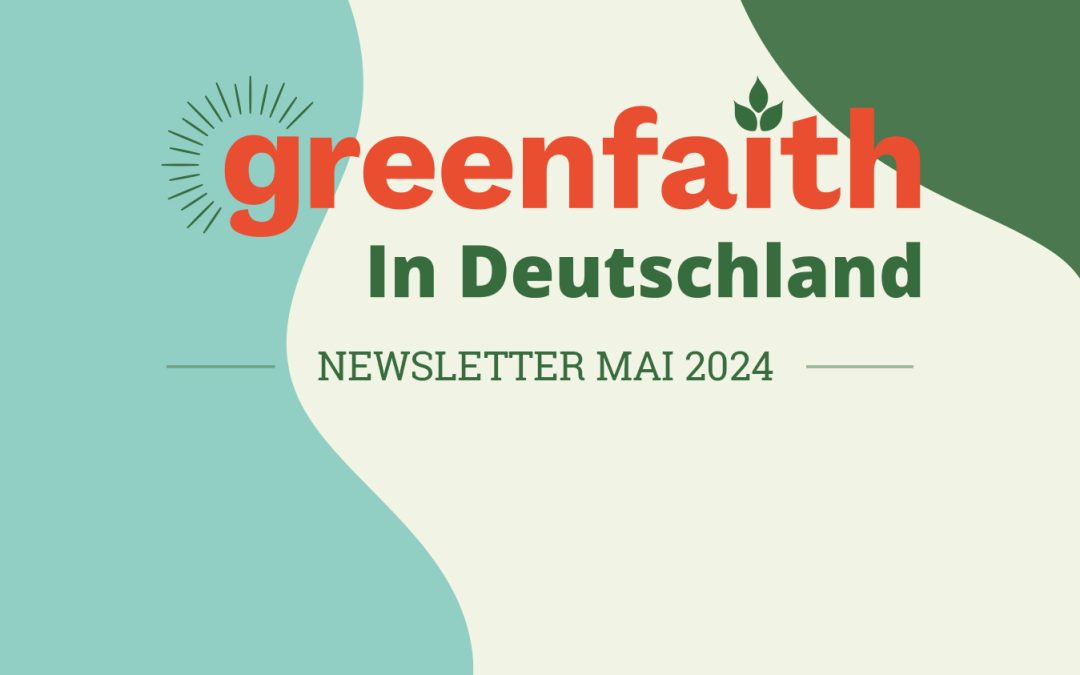Green Ramadan: Call to the Muslim community to adopt eco-gestures to preserve the environment
Current global trends have put unsustainable pressure on natural resources such as land, water, and ecosystems, and the resulting climate crisis has made environmental protection a duty for every Muslim. In this holy month of Ramadan, Muslims around the world are mobilizing to get closer to God, practice mutual aid and charity, and to honor their commitment to the environment.
“Ramadan is a month full of blessings,” said Hening Parlan, GreenFaith Indonesia Organizer. “This is a momentum to transform, be responsible and take action to protect the Earth.”
The Green Ramadan initiative is a collective international initiative that has been implemented in many countries such as France, Indonesia, the United States, the United Kingdom, Mexico, Germany, and more. Its common objective is to raise awareness of environmental issues among the Muslim community worldwide, and to encourage them to adopt eco-gestures during the holy month of Ramadan and beyond. This initiative is an opportunity for Muslims around the world to collectively commit to protecting the planet and contribute to a more sustainable future.
Hajja Feride F. G.-Gençaslan, President of Sufi-Zentrum Rabbaniyya, European Centre for Sufism & Interfaith Encounters and 2nd Chair of GreenFaith e.V. explains: “‘Sowing respect, reaping love’ is the motto of our Sufi community. Respecting the rights of others and this includes all life and existence in the world, means – especially today – to work for climate justice.”
The Green Ramadan initiative provides simple eco-gestures that can be implemented to protect the planet during the month of Ramadan and beyond:
- Reduce food waste: During the month of Ramadan and religious holidays, it is common to prepare large meals and have excessive amounts of food during this holy month. To reduce food waste, plan meals in advance and cook only what is needed. If there are leftovers, they can be saved for later or shared with those in need.
- Use reusable containers: Plastic water bottles, disposable containers, and plastic bags are very polluting for the environment. Instead, use reusable containers such as water bottles, cloth bags and glass containers to transport meals.
- An invitation for those of you who like to share tajil in Ramadan is to replace single-use plastic packaging with packaging that is environmentally friendly and easy to recycle.
- Favor sustainable modes of transportation: Public transportation, biking, or walking are more sustainable alternatives to driving alone. For those who need to travel by car, try carpooling to reduce the carbon footprint.
- Avoid using disposable products: Disposable plates, cutlery, and cups are very polluting. Whenever possible, use reusable products such as glass, stainless steel or bamboo plates and cutlery.
- Reduce energy consumption: Turning off lights when not in use, using LED lights, and favoring natural light help to reduce energy consumption. It is also important to turn off electrical appliances when they are not in use.
- Save water: Water is a precious resource. During ablutions (wudu), it is important to use water responsibly by using small amounts of water and turning off taps when not needed.
With these practices, Muslims around the world are making their Ramadan greener and more sustainable by taking concrete actions to reduce their ecological footprint.
During this blessed month of Ramadan, it is important to remember that respecting the environment is a duty for every Muslim. We can all act in a concrete way to reduce our ecological footprint and make our Ramadan more green and sustainable. For this, we invite you to adopt eco-citizen practices and to awaken our environmental conscience by adopting a new sustainable lifestyle.
“A Muslim is a climate activist! For the Prophet Muhammed – peace be upon him – was a role model for a creation-loving and just existence,” said Sheikh Eşref Efendi from the Order of the Honourable Naqshbandiyya Aliyyah.

Green Ramadan is a way for the Muslim community to honor their religion according to Islamic laws by adopting sustainable practices to preserve the environment; thus contributing to a more sustainable and just future.
GreenFaith’s Senior Ambassador, Nana Firman encourages us: “May this Sacred Month of Ramadan be a turning point in our lives–where the transition to a clean energy economy is emerging and the policies to support climate justice are enacted.”
We express our gratitude to our Creator by caring for God’s creation and taking action for a better world. Let us adopt sustainable practices for a green Ramadan and for a more sustainable life all year round. Ramadan Mubarak!
Written by:
Nana Firman, Greenfaith Senior Ambassador
Hening Parlan, Greenfaith Organizer, Indonesia
Hajja Feride Funda G.-Gençaslan, GreenFaith e.V. Germany
Zohra, Greenfaith France volunteer, hospital chaplain at Foch in Suresnes, head of the Salam Association
Sheikh Eşref Efendi, Sufi-Zentrum Rabbaniyya, European Centre for Sufism & Interfaith Encounters
Ika Akmala, Dompet Dhuafa Volunteer
Sufi-Zentrum, Rabbaniyya European Centre for Sufism

REPORT: Sacred Planet, Stained Profits
Why Religious Communities Must Pressure Banks to Phase out Financefor Fossil Fuels while Upscaling Investment in Clean Energy Around the world, people of faith are increasingly aware of the dangerous, escalating impacts of the climate crisis. Hardly a week passes when...

Announcing the 2025 GreenFaith Rising Leaders Fellows
GreenFaith US is pleased to introduce the 2025 GreenFaith Rising Leaders Fellows, a dynamic and diverse group of 17 climate activists, aged 18-35 years old, from diverse religious and spiritual backgrounds. These individuals represent the next class of leaders trained...

Newsletter Mai 2024 – Kräfte bündeln im Sommer
Liebe:r GreenFaith-Freund:in, Während wir uns auf den Sommerbeginn vorbereiten, ist es an der Zeit, einen Blick auf die aufregenden Entwicklungen und Aktivitäten in der GreenFaith-Gemeinschaft zu werfen: Diesen Monat feiern wir nicht nur den Earth Day, sondern auch...

